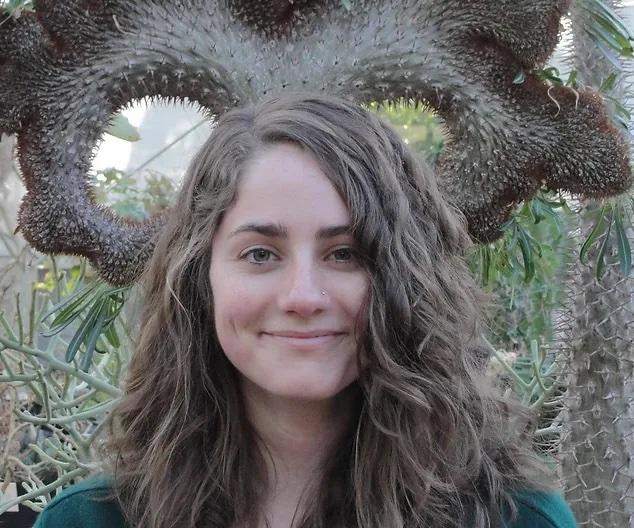My research uses an integrated approach, combining observational studies, manipulative field experiments, chemical ecology techniques, and lab experiments to examine the dynamics of complex species interactions and how they are shaped by managed systems. Within the last 100 years, most theoretical and empirical research has examined populations, communities and ecosystems by identifying and studying individual components in isolation from the complicating influence of a larger system. However, recent work has illustrated the importance of studying species interactions beyond a pair-wise context. To address this gap in our knowledge, I examine how the underlying mechanisms and drivers of species interactions can reveal the context dependency of these interactions in nature. Ants are an excellent model for studying complex species interactions. They dominate most terrestrial habitats in terms of abundance, biomass, and energy turnover. They frequently live in large colonies that provide well-protected and resource-rich environments. Furthermore, ants have complex communication systems. For these reasons, organisms at a range of trophic levels seek close associations with ants to access protection or resources. Ants also provide important ecosystem services. Ants are voracious predators and frequently act as biological controls in agroecosystems, by defending plants against herbivores. Thus, understanding the dynamics of species interactions involving ants in agroecosystems can have important real-world management implications.

Kaitlyn Mathis
Associate Professor, Biology
- About
- Scholarly and creative works
- Awards and grant
Degrees
- Ph.D. in Environmental Science, Policy and Management, University of California, Berkeley, 2015
- B.A. in , Hampshire College, 2008
Affiliated Department
Scholarly and creative works
-
The effect of urbanization on thermal tolerance, foraging performance, and competition in acorn nesting ants
Published in Ecology and Evolution2024 -
The Effects of Land Use Change on Ant Communities in New England
Published in Insect Conservation and Diversity2023 -
Evolution of activational behavioral plasticity in threespine stickleback following the introduction of the invasive northern pike
Published in Biological Invasions2023 -
Incorporating environmental complexity and phenotypic plasticity to study evolution in human-altered environments
Published in Animal Behaviour2022 -
Impacts of Invasive Ant-Hemipteran Interaction, Edge Effects and Habitat Complexities on the Spatial Distribution of Ants
Published in Agriculture Ecosystems & Environment2021 -
Assessing the role of phenotypic plasticity in the evolutionary responses to human disturbance
Annual Conference of the Animal Behavior Society2021 -
Our current understanding of commensalism
Published in Annual Review of Ecology Evolution and Systematics2020 -
The ecology of ants in agroecosystems
Entomological Society of America2020 -
The ecology and evolution of commensalism
American Society of Naturalists ConferenceAsilomar, CAJanuary2020 -
The community ecology of herbivore regulation in an agroecosystem: lessons from complex systems
Published in BioscienceDecember2019Vol. 69Issue #12 -
The role of ant seed dispersers and predators in woody plant encroachment of arid grasslands
Entomological Society of AmericaSt. Louis, MONovember2019
Awards and grants
-
How does urbanization, including urban gardens, impact ant microbial diversity?
Faculty Development Fund

